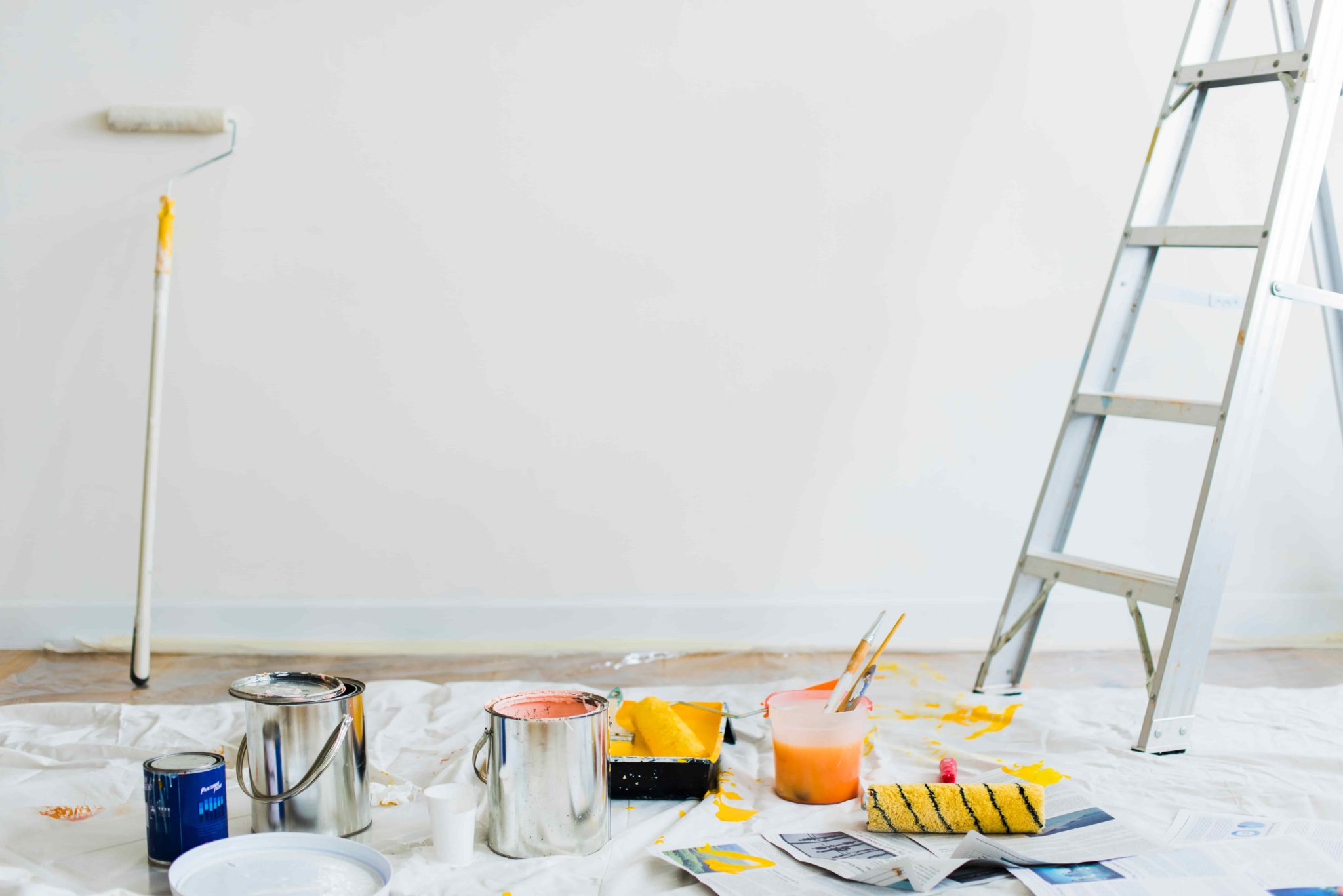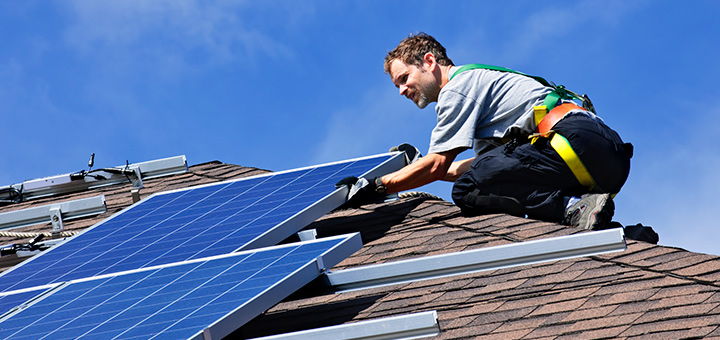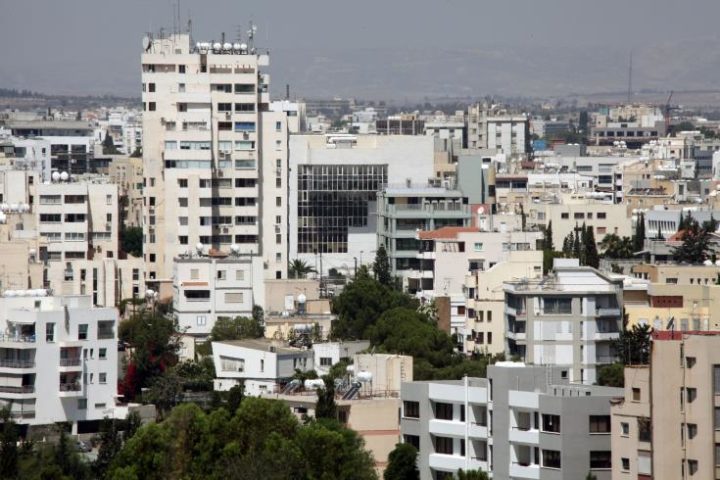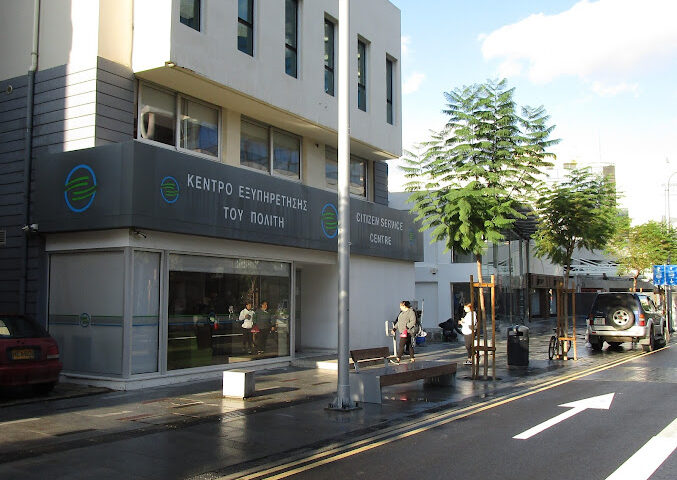There is a Cypriot saying that “Cypriots eat as if it is their last meal and build as if they will live forever”.
This is a true reflection of the local reality, evident in the market behaviour.
Despite this, however, having built one’s home or building, most owners pay no particular attention to the building’s maintenance.
When buying a car, we look after it quite well (service, maintenance, repairs) regarding a building (a home whose value or cost is 2-5 times more), but no similar care is shown.
If we consider a car which costs, say, €30,000, its maintenance, insurance and road tax cost is around €2,000 p.a., i.e. about 6.5% of the original cost, and the car value depreciates yearly.
If we take a home with an average cost (apartment) of €200,000, its maintenance and insurance cost is around €600 p.a. or 3%.
It seems that private cars are of greater importance for the Cypriot owners since a large majority of the buildings are not well maintained, reducing their value, and increasing the problem of future maintenance (the “curse” of common charges for the common use areas).
To this end, the lack of availability of small contractors (see article) is also a point in hand.
Using durable materials is a way to reduce the maintenance cost, be they cost more than the otherwise cheaper materials.
For example, the use of ‘sprits’ for the external surfaces is much longer lasting than paint. Still, the appearance of sprits is not as attractive (lasting for 10-15 years), whereas paint requires maintenance every 2-3 years, and if it is peeling off, it gives the impression of a building’s abandonment.
On the point of maintenance, due care should be given to the insurance scam (new for old), which applies to buildings, cars, and equipment.
Under the heading Maintenance of Buildings, we suggest that you examine the various subsidies (quite generous) that the government offers.
The installation of solar panels and the increase in energy savings by using insulating materials (costly, but it is worth at least an examination through the use of a mechanical or electrical engineer) is worth noting.
These subsidies can save around 30% of the investment cost, whereas “buying” energy from third parties is another option.
Under the same maintenance heading, I suggest using security systems, some of which provide an internal and external camera that you can monitor on your mobile phone.
As technology improves, its adoption is part of improving maintenance which adds to the property’s prospects and value.
Maintenance is growing in importance regarding buildings, and the new proposed law regarding periodic inspections by a civil engineer is a point to note (a similar measure as the MOT inspection for cars).
If you let the property, make sure the tenant and landlord obligations are clearly stated in the contract regarding maintenance.
Normally, the landlord’s responsibility is insurance, property taxes, and wear and tear, but the rest is the tenant’s obligation.
Nevertheless, installations such as air conditioning and elevators fall within the tenant’s responsibility for maintenance, whereas repairs are the landlord’s.
Bear in mind that for yearly contracts (or less) to let, the contract needs to be witnessed by two persons per party (i.e., four witnesses), whereas if more than one year, one per party will suffice.
If a property is let, pay particular attention not so much to the level of rent that you can achieve but more to the ability of the tenant to respond to the rental or lease obligation.
Under Cyprus’ landlord or tenant laws (see statutory tenancy), there are legal delays in which an unfortunate owner will be involved and cost several thousand.
By Antonis Loizou FRICS – Antonis Loizou & Associates EPE – Real Estate Valuers, Real Estate Agents and Property Consultants










